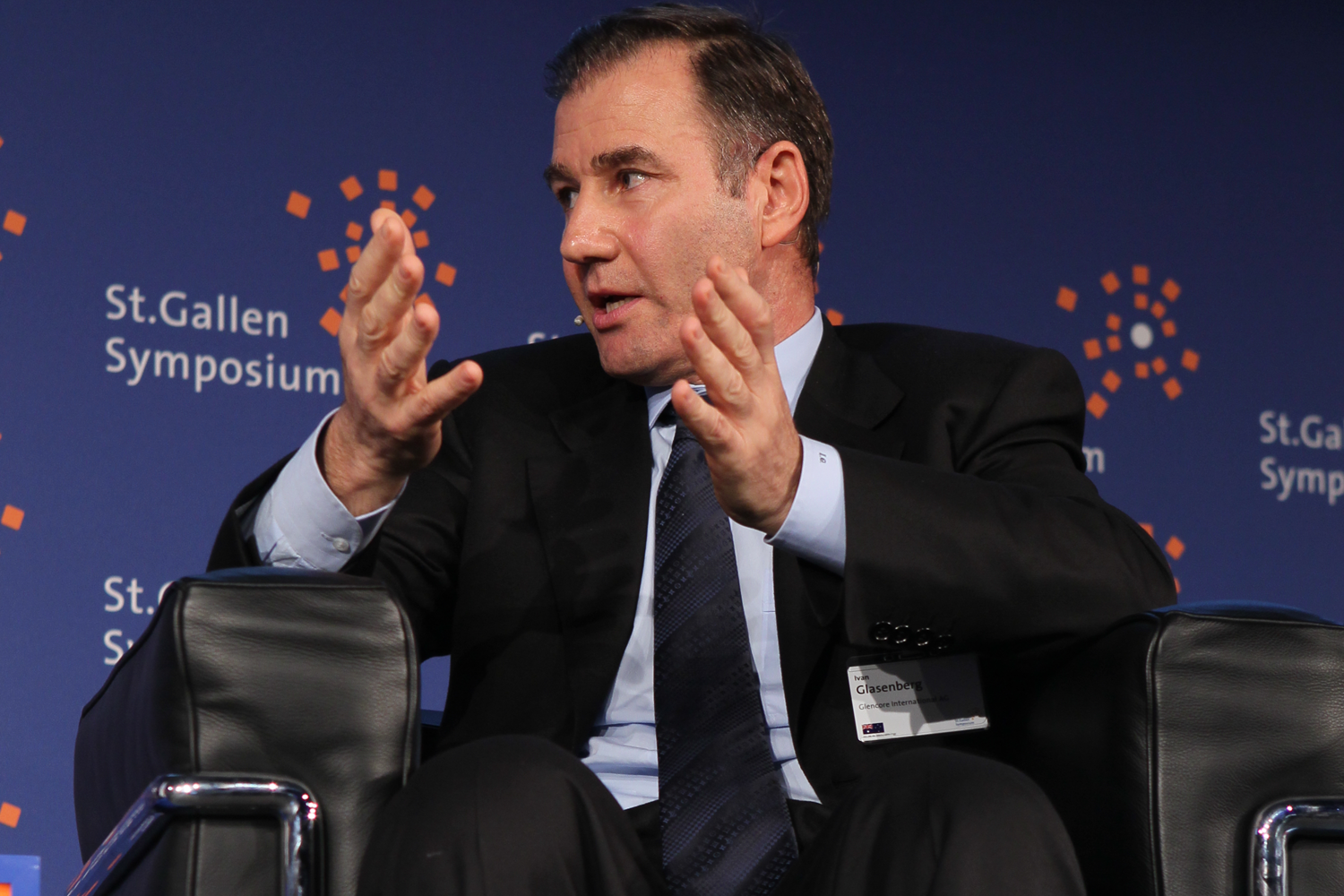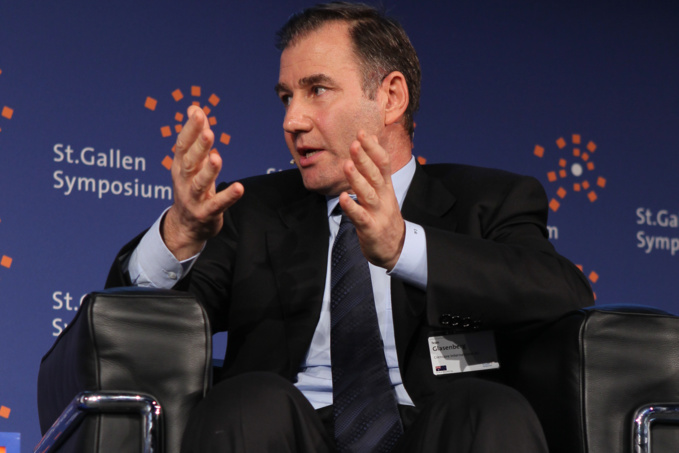The 2018 Glencore report states that earnings before tax, interest, depreciation and amortization (EBITDA) were $ 15.8 billion, an increase of 8% from a year earlier. At the same time, its net profit for 2018 declined by 41% to $ 3.4 billion. The company said this was mainly due to the write-off of part of the value of its assets in Africa - the Mutande copper deposits in the Democratic Republic of Congo and the Mopani copper deposits in Zambia in the amount of about $ 1.4 billion. Net debt in 2018 increased by 44% to $ 14.7 billion.
Glencore also announced start of a major $ 2 billion share repurchase program, which will last until the end of 2019.
Glencore head Ivan Glasenberg noted that “our asset portfolio allowed us to achieve a competitive level of expenditures per unit of output, which enabled the company to benefit from favorable prices for raw materials.”
Among other things, Mr. Glasenberg noted that "our portfolio of raw materials and its role in providing energy and a transition to a low-carbon economy allows us to look to the future with confidence, without reducing our focus on achieving long-term benefits for all our shareholders." So, the head of Glencore commented on the company's second statement, which caused a lively reaction in the market. Glencore said it admits findings of experts of the UN Intergovernmental Commission on Climate Change and the scientific rationale for this process. The corporation stressed that “we are obliged to invest in assets that will be minimally subject to regulatory, physical and operational risks associated with climate change,” recalling that in 2017 it has presented a plan to reduce greenhouse gas emissions by 2020 by 5%.
In a statement, the company stressed that in order to combat climate change and greenhouse gas emissions, it decided not to increase coal production, limiting it to the current level of production, which is about 150 million tons.
source: reuters.com
Glencore also announced start of a major $ 2 billion share repurchase program, which will last until the end of 2019.
Glencore head Ivan Glasenberg noted that “our asset portfolio allowed us to achieve a competitive level of expenditures per unit of output, which enabled the company to benefit from favorable prices for raw materials.”
Among other things, Mr. Glasenberg noted that "our portfolio of raw materials and its role in providing energy and a transition to a low-carbon economy allows us to look to the future with confidence, without reducing our focus on achieving long-term benefits for all our shareholders." So, the head of Glencore commented on the company's second statement, which caused a lively reaction in the market. Glencore said it admits findings of experts of the UN Intergovernmental Commission on Climate Change and the scientific rationale for this process. The corporation stressed that “we are obliged to invest in assets that will be minimally subject to regulatory, physical and operational risks associated with climate change,” recalling that in 2017 it has presented a plan to reduce greenhouse gas emissions by 2020 by 5%.
In a statement, the company stressed that in order to combat climate change and greenhouse gas emissions, it decided not to increase coal production, limiting it to the current level of production, which is about 150 million tons.
source: reuters.com



















